Podcast: Play in new window | Download
Subscribe: RSS
Matt Halloran is partner and the voice of Top Advisor Marketing. He has worked in financial services for over 20 years as a life and business coach, financial branding and social media expert, along with writing, speaking and hosting a popular podcast. He is the author of The Social Media Handbook for Financial Advisors and The 99 Best Ideas for Financial Service Professionals to Use in Their Practices.
Takeaway Quote:
“Nothing else matters if you can’t listen. Listening is a skill that needs to be practiced.”
Show Timeline:
1:31 Why Matt is known as an insane podcast host
His love for sitting in front of a microphone and how he approaches the work
3:35 What he learned from his experience in working with grieving families
The importance of truly listening and understanding the right language
6:53 How to translate these skills to the financial advisory world
How most advisors talk to their clients and one of the most important rules Matt teaches
10:15 The transition from Matt’s previous work to the financial space
From working as a therapist to working with Ron Carson
14:36 How to internalize effective communication styles
The importance of role playing and continual practice
18:32 Applying communications principles to social media marketing
Listening through social networks and using that to tailor your conversations with clients
23:00 How advisors can get started with new communications strategies
What not to do, and the resources that are available to you
25:30 How a well-defined niche can target your marketing in powerful ways
Exercises to help you focus in on a niche
28:59 Specific tactics for incorporating your passion into your social media approach
Connecting with like-minded people across vast distances, to the benefit of your business
31:09 Driving referrals through social media
A comfortable and highly effective way to get an introduction from your clients
Links:
Website: www.TopAdvisorMarketing.com
LinkedIn: https://www.linkedin.com/in/matthallorantam
Podcast: https://topadvisormarketing.podbean.com/
Twitter: https://twitter.com/matt_TopAdvisor
Books: The Social Media Handbook for Financial Advisors, The 99 Best Ideas for Financial Service Professionals to Use in Their Practices
Want more?
Stephen Wershing: www.TheClientDrivenPractice.com/checklistblog
Julie Littlechild: www.absoluteengagement.com/blog
Episode Transcript:
Steve Wershing:
Welcome to Becoming Referable, the podcast that shows you how to become the kind of advisor people can’t stop talking about. I’m Steve Wershing.
On this episode, we talk with Matthew Halloran, partner and the voice of Top Advisor Marketing. Matt is an insane podcast host, and since Julie and I are fans of both podcasting and insanity, we couldn’t wait to have Matt on. Matt has a really interesting background, including experience as a therapist working with families of the dying in hospice, where there was real urgency in translating medical jargon into conversational language, and we talk about how we can apply those lessons so that you can communicate more effectively and deepen your relationship with clients.
We talk about how to make communication through social media more intimate. We discuss the big gap that still exists with advisors in communicating with their clients, the five communication mistakes advisors commonly make, and how you can avoid them and communicate more effectively with clients.
Matt tells us about the outrageous offer he made to Ron Carson that got him into financial services in the first place. And listen through to the end, where we talk about how you can talk with clients about referrals without being a schlub. And so without further ado, here’s our conversation with Matt Halloran.
So, Matt Halloran, welcome to the Becoming Referable podcast. Thanks for joining us.
Matt Halloran:
Thank you very much for having me.
Steve Wershing:
And so let me just start out with this. I mean, you’re described as an insane podcast host, which I aspire to be, of course, and so how do you-
Julie Littlechild:
I think you are, Steve.
Steve Wershing:
Well, thank you. I knew I could count on you for that, Julie, and I appreciate the boost.
Julie Littlechild:
Yeah, no problem.
Steve Wershing:
So how do you apply that insanity to podcasting and how can you help us be insane in podcasting as well?
Matt Halloran:
Well, Kirk Lowe was the person who labeled me as insane, so we should probably look at the person who called me that first. But I think what he’s referring to, and why we use that as part of our marketing and P.R. is just because this is what I get up for in the morning. I started doing radio when I was 13 years old at my high school. It was The Madman Matt Halloran Show. And then I was the news director for my college radio station for three years.
Radio has been something that’s very near and dear to me, and just being in front of a microphone has always been very comfortable. And I think the insanity that Kirk refers to is the ability to totally immerse yourself in the guest. That’s my goal. So when I am preparing for a podcast, I’m doing what, Steve, you and I just talked about. You were digging up some stuff on me. You were looking at me online. I’m doing the same thing, if I can find a podcast or a video and how the person talks.
But the biggest goal is to be in the moment. It’s nice to have preordained questions, which we all do as competent podcast hosts, but it’s also super awesome when somebody says something that you really, truly hear and want to have as another talking point and be able to move to that seamlessly.
Steve Wershing:
Yeah. Yep. Well, that makes a lot of sense, and I agree with you. We share that. Being well briefed makes for a better interview, and it lets you be in the moment, which is part of the challenge, and it’s a challenge that’s faced by advisors as well when they meet new folks.
Now, speaking about how you talk with people and how you relate to them, in that research, I was fascinated by your background in psychology and in working with the dying, and some of those experiences. And one of the things that really stood out to me was a quote of you where you said that working with the dying helped you understand that people need to hear important information in the language they understand rather than the language that comes naturally to the practitioner.
And so as soon as I saw that, I said, “Oh, well, that’s obviously stuff that we have to learn.” But before I ask you that, can you tell us a little bit about some of the experiences that helped you understand that?
Matt Halloran:
Sure. I graduated with the two most worthless degrees you can possibly graduate with. It was communications and philosophy. And my philosophy degree actually is in biomedical ethics, and so I got an internship to a hospital system in Omaha, Nebraska to do biomedical ethics. Now, I was under the impression I was going to be teaching biomedical ethics, but that’s actually not what happened. That’s not true; that was part of my job.
The other part of my job was to wear a pager. Now, that’s how long ago this was. And every time my pager went off, that meant somebody was dying, and my job was to rush to whatever hospital was on the code of my pager, go to the ICU, the NICU, or a hospital room, and be the go-between between physicians, nurses, and then a family. Because the physicians were using physicians-speak and the nurses were using nurses-speak, and I had to somehow communicate to a person who’s massively traumatized in grief … and most of the people, 99% of the people, who I dealt with as the actual client … they were not conscious, so I was just dealing with that person’s family. And then the one time that the person was conscious, totally different story.
But it’s very, very difficult to explain to somebody that, “Yes, you see that your husband, wife, son, daughter is breathing, but we are doing that for them. Let me explain to you how that works.” And so that’s really what ended up happening. It’s all about listening, right? That’s the most important thing. Not only listening, but in our financial services, it’s really about truly understanding the language. And I had to learn doctor language. And then when I moved over to financial services, I had to learn financial services language.
And all of the acronyms and all of the buzzwords that we’re so comfortable with, the general public has no idea what you’re talking about. So trying to make it so that you can communicate more effectively has been a real passion of mine, and that’s one of the reasons why we podcast, guys. When I podcast with our podcasting clients who have hired us to do that for them, part of my job as the host is to say, “Hold on.”
This just happened on a podcast. He was referring to pink sheets or penny stocks, but he called them billboard stocks. Now, I had actually never heard that before. Been doing this for a long time. And so I said, “Whoa, whoa, whoa, whoa, whoa, I’ve never heard of that before,” and that made him, “Oh, Matt, you know what? Yeah, that’s what we call it in-house.” I was like, “Ah-ha.” And then I made him explain really what that meant to our listeners.

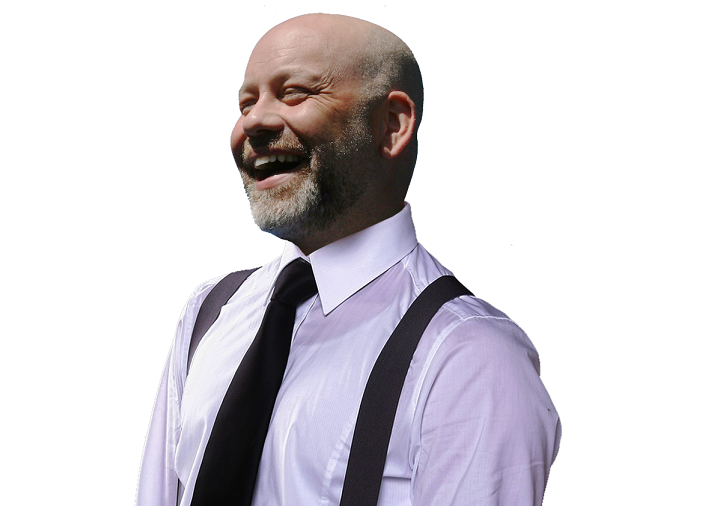

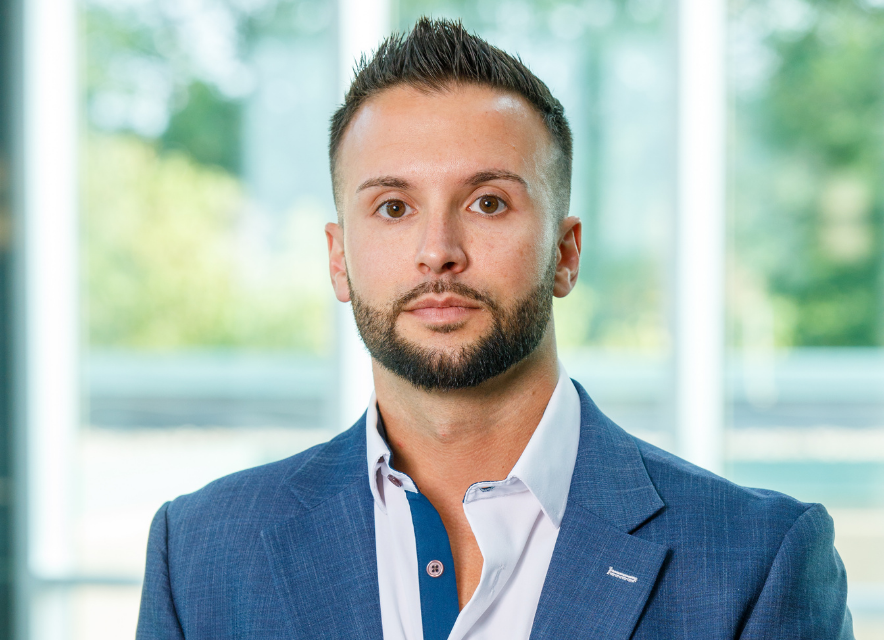
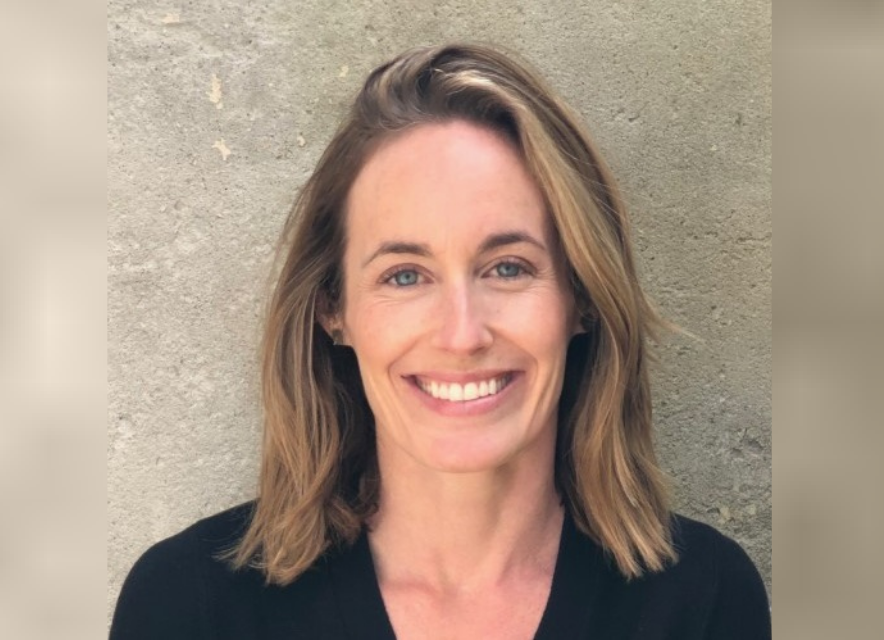
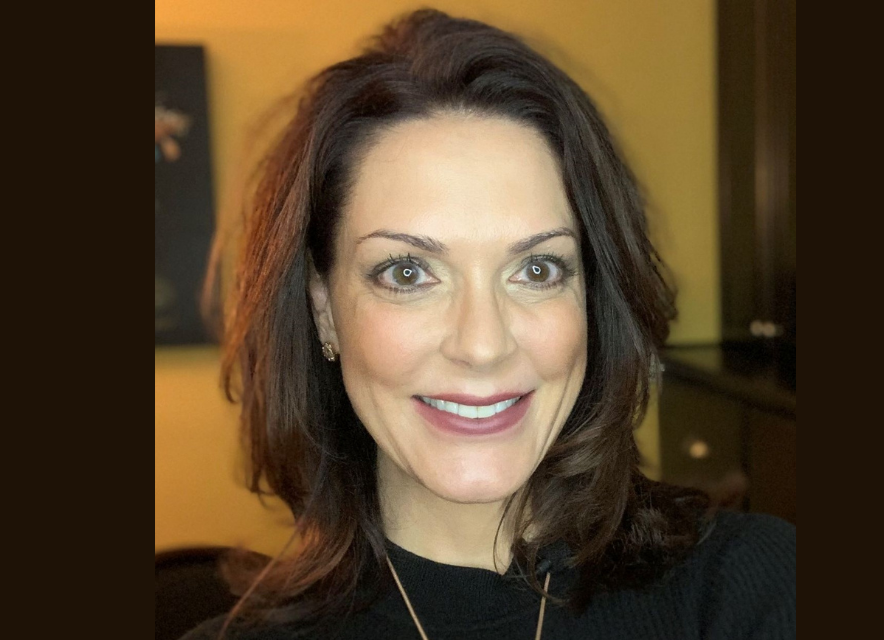
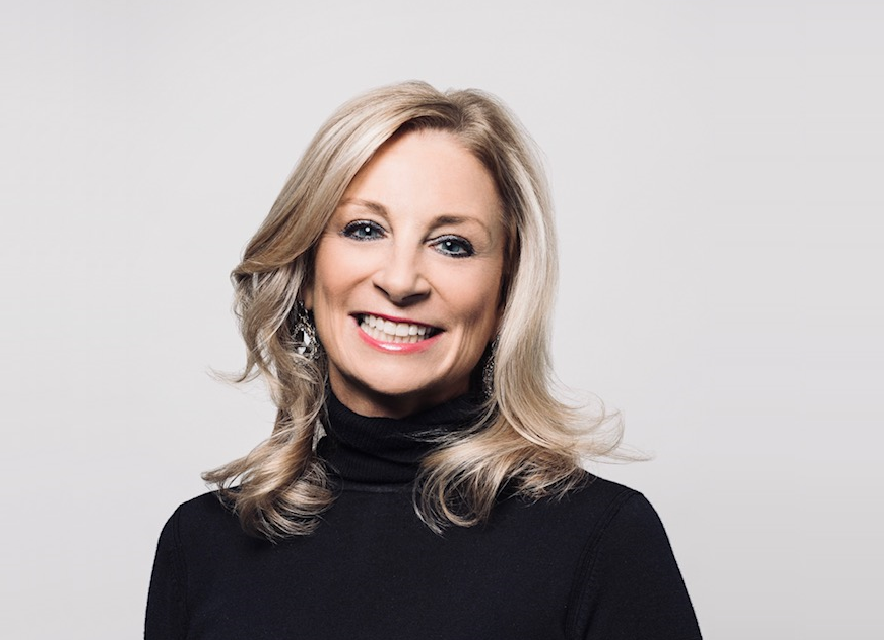
Steve said “I think there’s a whole separate podcast that we could all do about how to do an …effective virtual engagement, because it’s so different than what I see advisors actually doing when they try to connect with their clients virtually.”…
I think you two should absolutely have just such a podcast. I must admit to it mystifying me why this is so difficult or magical. But I realize that comes of “I’ve never done it any other way in my firm” (though did it the “traditional” way in previous firms) and also from me working with the 45-and-under crowd in the tech industry.
While I lament the fact that I can never bring home-baked cookie to a client meeting (as I fantasized about years ago when I thought of launching my own firm), in almost every other regard I find virtual meetings superior for both me AND the client. I am indeed somewhat flummoxed on the rare occasion when I meet a client in-person.
Successful virtual meetings require:
* good videoconferencing software (good and reliable audio and video, the ability to share screens and even drive on the other person’s screen, and I’ve found that having an embedded doodle pad is also really helpful for when you need to literally sketch out a concept). I went through 2 tools before settling on Zoom. It’s surprising how many tools there are…and how inadequate many of them are.
* comfort navigating your screen so that you can effectively share whatever document or tool you want to use in the meeting
* enough self-confidence or comfort interacting with people because there won’t be anything to distract from your interaction. You can’t casually reshuffle your papers for minutes on end because that just looks *horrid* on the other side.
* comfort with silence. This is helpful, one might say necessary, in any communication, but it’s amplified in a virtual engagement because, again, there are fewer distractions to fill in the silence.
* ability to roll with the punches when the internet goes on the fritz or the cat walks in front of the camera or or or
The benefits are multiple:
* Clients can choose a time and *place* that’s most convenient and comfortable for them.
* Clients can “come as they are” (yoga pants! eating a snack!) in a way that would simply feel/be inappropriate in person.
* I don’t have to worry about having a Nice Office for clients to visit. As long as my background isn’t horrid, we’re good. Nor do I have to worry about My Professional Attire. Again, video conference hides a multitude of sins. I don’t show up for client meetings in yoga pants, but I could. I just make sure I have a clean shirt on.
* For those of us who never know whether to shake hands, hug, nod, what have you…that decision is gone.
With the planning profession (if we dare call it that) transitioning to a more interactive and collaborative planning process, we are all moving–or should be–to using software in the meetings to “play around” with a variety of possible paths. This obviously can be done virtually, so there’s no downside there.
I in fact find the use of videoconferencing to be a great complement to this transition away from A Plan and towards Planning (or even further towards, as my coach would put it, Thinking Partnership, Resilience and Opportunity Planning).
Anyhoo…I could write a lot about this. I love virtual meetings. My clients love virtual meetings. I have lots of colleagues (largely in the XY Planning Network…perhaps not surprisingly) who run successful virtual practices, so there are plenty of planners to choose from if you do want to do a podcast on this topic.